The chips are starting to fall as key Republican leaders in the Senate launch bids for particular plum jobs within the conference, thinning out ranks for the top spot. Wyoming Senator John Barrasso, one of the three candidates expected to try for the top leadership role, has decided not to enter the race for the Senate GOP leader position in the upcoming Congress.
Another Way Forward
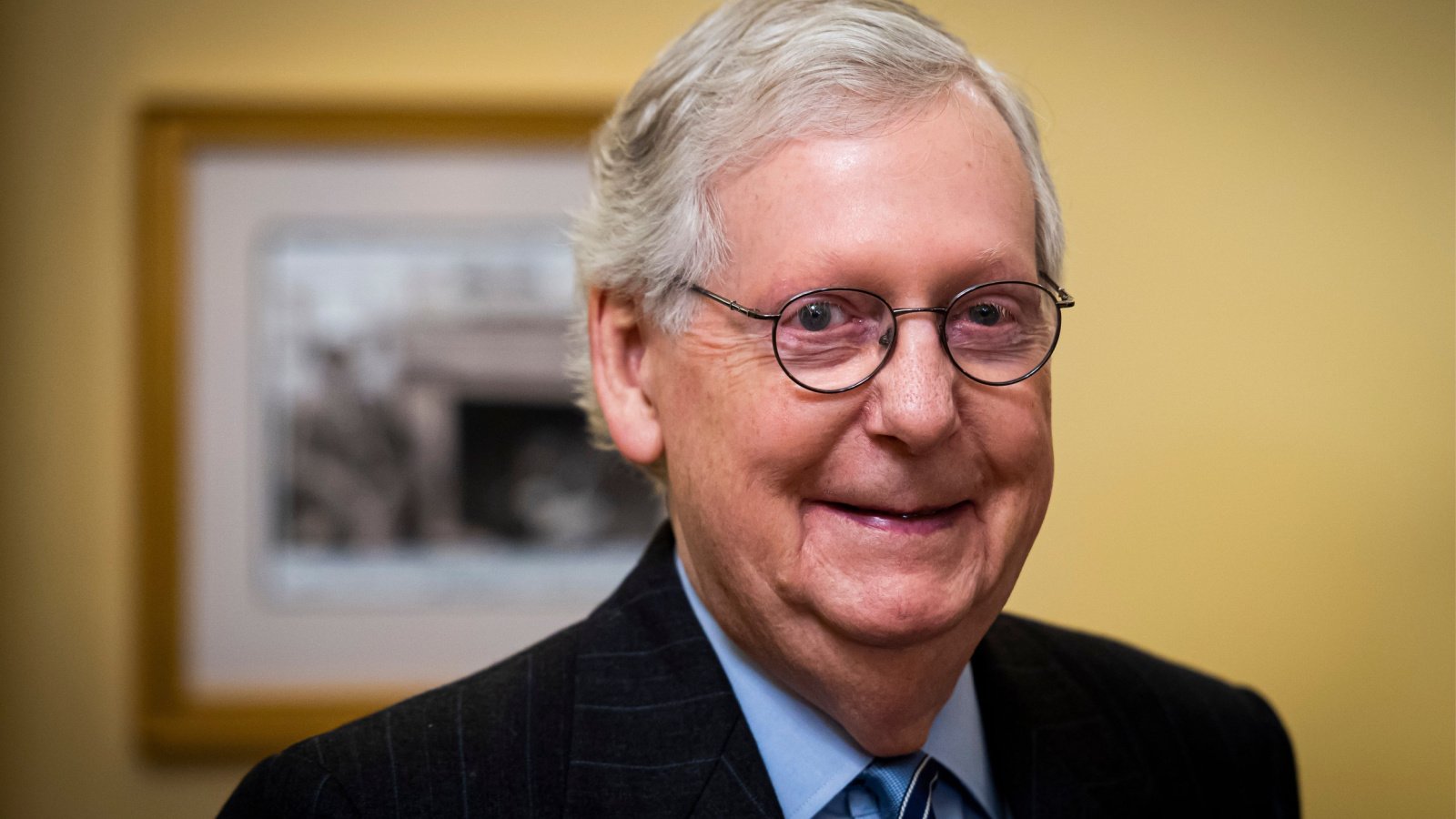
Opting for a different path, he aims for the position of party whip, effectively the No. 2 role within the Republican hierarchy. This move shifts the landscape of potential candidates vying to succeed Senate Minority Leader Mitch McConnell and opens a new chapter in GOP leadership dynamics. The remaining two candidates expected to vie for the Party Leader role are Senators John Thune (South Dakota) and John Cornyn (Texas), both leaders already among their ranks.
A Focus on the Whip Role
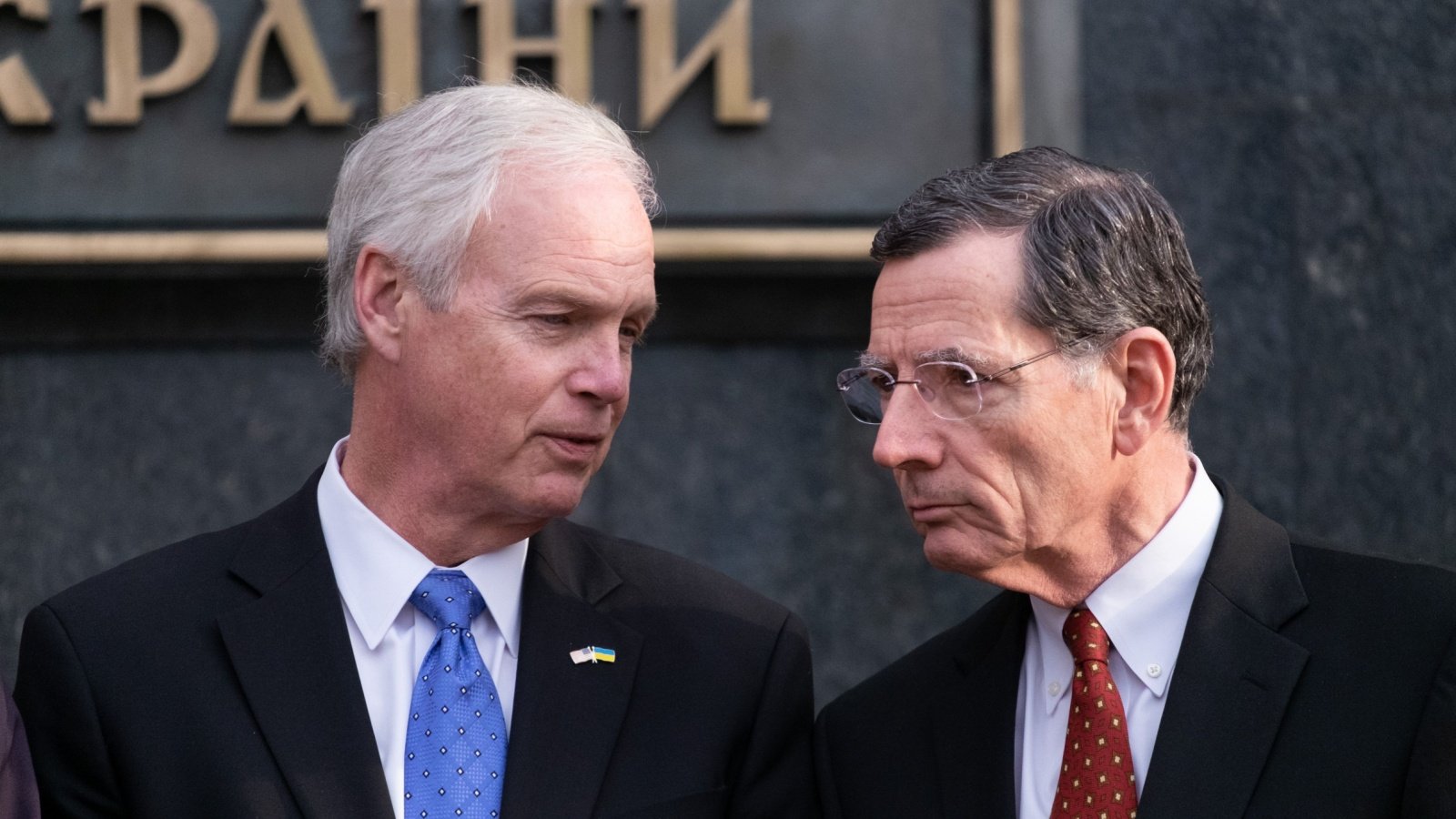
Rather than contesting the top leadership spot, Barrasso sets his sights on becoming the Republican whip. This role, pivotal in organizing the party’s legislative agenda and strategy on the Senate floor, would mark a significant step in his political career. Barrasso’s decision was shared with his colleagues, signaling a clear intention to influence the party’s direction from this key position.
Transparency and Dialogue

In his communication with fellow Republicans, Barrasso emphasized the necessity for a shift towards greater transparency within the Senate GOP. He expressed a commitment to fostering an open and honest dialogue, aiming to strengthen the party’s unity and effectiveness in legislative matters. This approach underscores Barrasso’s vision for his potential role as whip and his desire to enhance the party’s internal dynamics.
Consultation with Trump
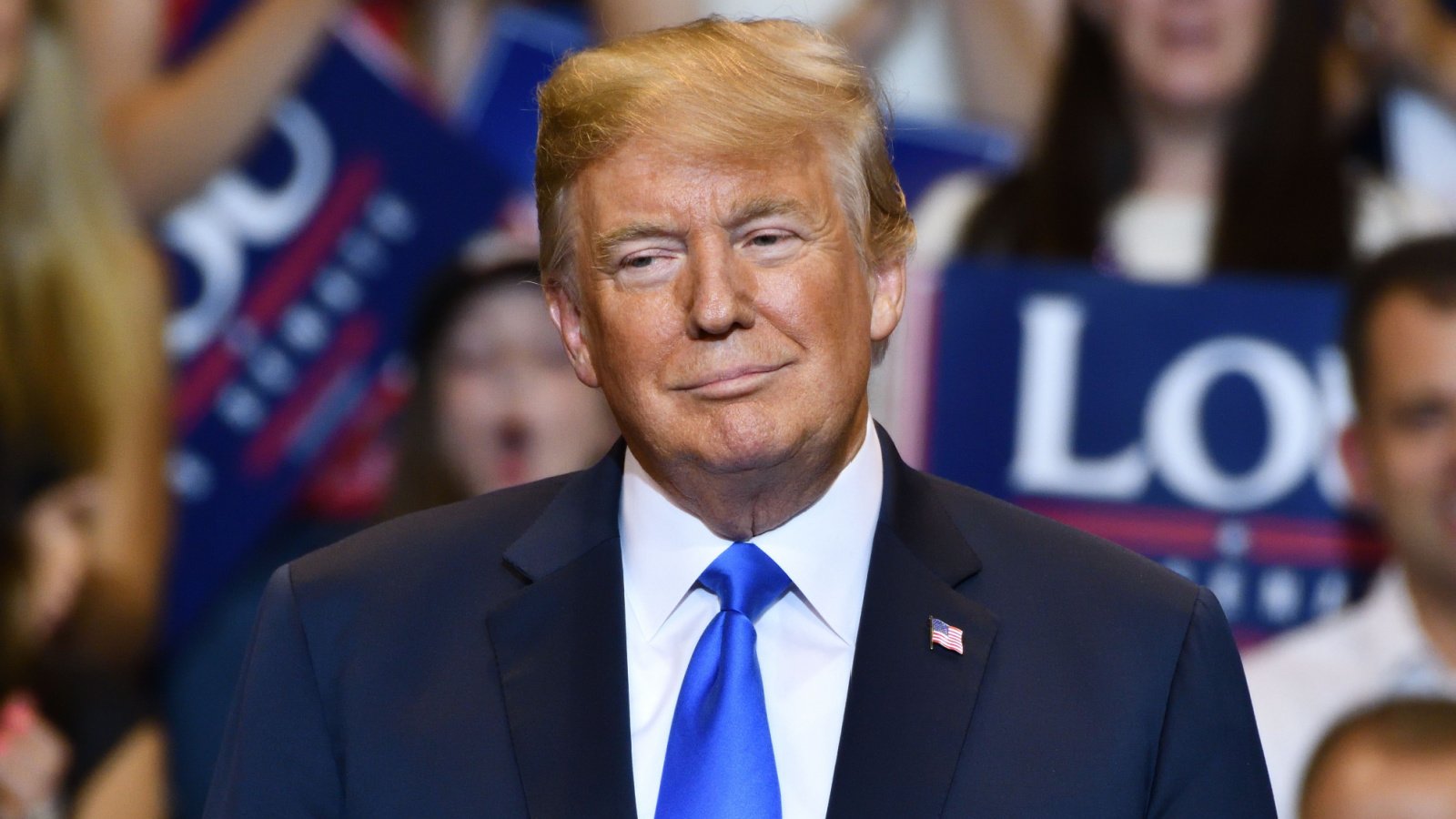
Barrasso also engaged in discussions with former President Donald Trump, seeking counsel and support for his bid for the whip position. These conversations, held in confidence, reflect Barrasso’s strategic outreach and his efforts to garner broad support within the party’s influential circles.
The Leadership Race Narrows
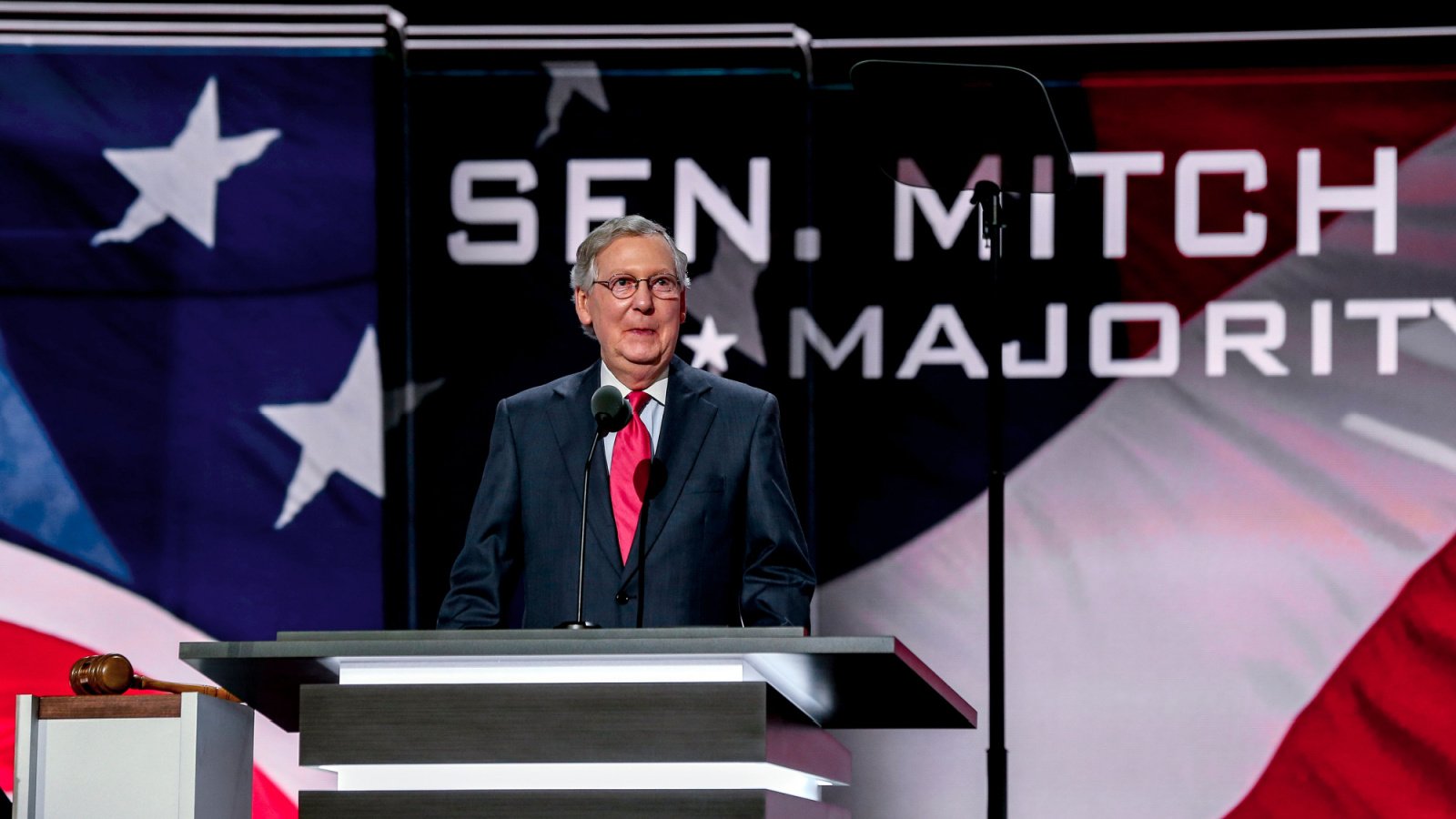
With Barrasso’s focus on the whip position, the race for GOP leadership narrows, leaving Senators John Thune and John Cornyn as prominent figures in the contest for the top spot. Both have extensive experience in leadership roles, with Thune currently serving as whip and Cornyn having held the position previously, adding depth to the competition.
Opening Opportunities
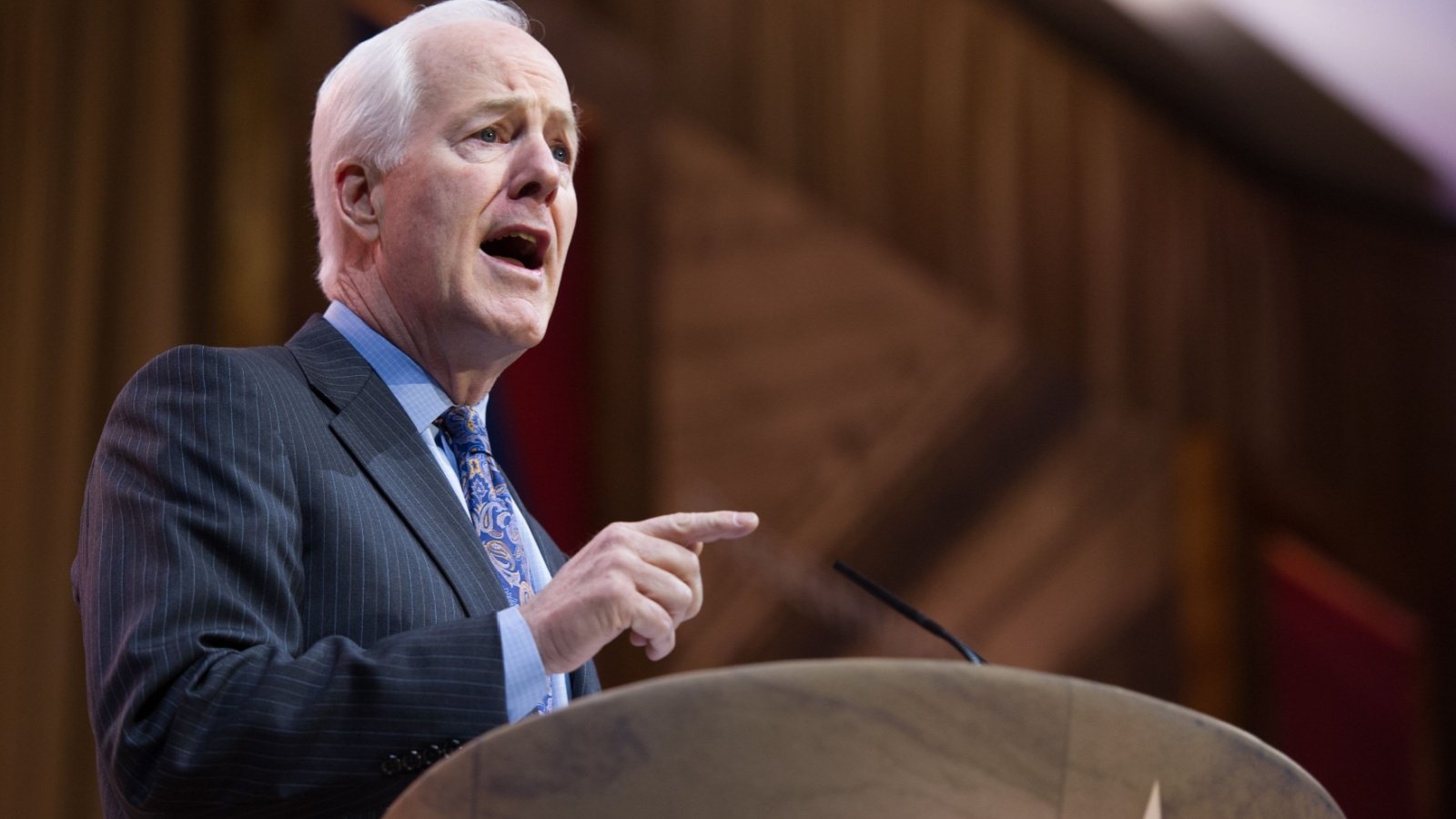
Barrasso’s decision not only positions him favorably for the whip role but also triggers a reshuffling in the GOP’s leadership structure. His move opens the door for new candidates to emerge and vie for leadership positions, potentially reshaping the party’s strategic direction and priorities.
The Importance of the Whip Position

Securing the whip position would grant Barrasso significant influence in the Senate, including involvement in daily legislative operations and access to enhanced resources such as a security detail and prime Capitol office space. This role is crucial in coordinating party efforts and shaping the legislative agenda, highlighting its strategic importance.
Navigating Leadership Dynamics

Barrasso’s choice to aim for the whip rather than the leader position reflects a calculated strategy within the GOP’s leadership dynamics. Given the limitations on pursuing multiple leadership roles simultaneously, Barrasso prioritizes a path that offers a viable route to influence without the heightened risk associated with seeking McConnell’s successor role.
Term Limitations and Opportunities

Both Barrasso and his competitors face term limitations in their current positions, influencing their decisions and strategies in the leadership race. Barrasso’s bid for the whip opens up the No. 3 spot, prompting considerations and movements among other senators eyeing leadership roles.
Cotton Eyes Conference Chair

Arkansas Senator Tom Cotton has expressed interest in the conference chair position, now available due to Barrasso’s focus on the whip role. Cotton’s ambition reflects the evolving leadership aspirations within the GOP, with several colleagues endorsing his candidacy.
Ernst’s Uncertain Future
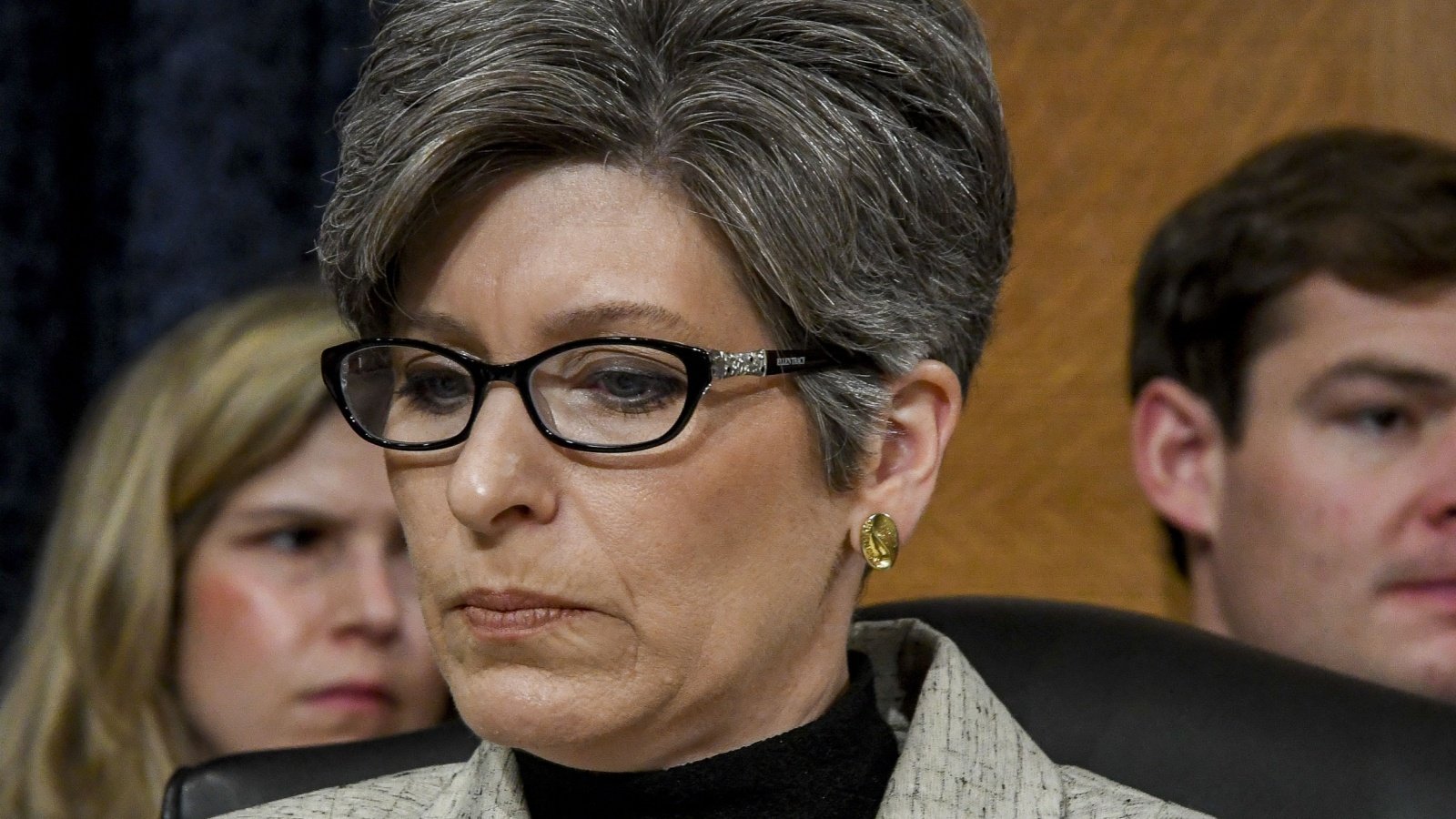
Senator Joni Ernst of Iowa, currently holding the No. 4 position as Republican Policy Committee chair, remains undecided about her future leadership role. Ernst’s decision could further influence the distribution of leadership positions and the party’s strategic alignment.
Party Unity and Electoral Focus

Amid these leadership considerations, GOP members emphasize the importance of unity and focus on the upcoming Senate elections and the presidential race. The party aims to secure a majority, underscoring the critical nature of leadership roles in achieving electoral success and legislative effectiveness.
Reporting on Barrasso’s Decision

News outlets have reported on Barrasso’s official decision and the implications for the GOP leadership landscape. These reports highlight the strategic considerations and potential shifts within the party’s hierarchy as members position themselves for influential roles.
GOP Leadership and the Path Forward

As the GOP navigates these leadership changes, the focus remains on aligning the party’s strategy with its legislative and electoral goals. Barrasso’s bid for the whip position, along with the emerging contests for other key roles, illustrates the dynamic nature of party leadership and the ongoing efforts to shape the party’s future direction.



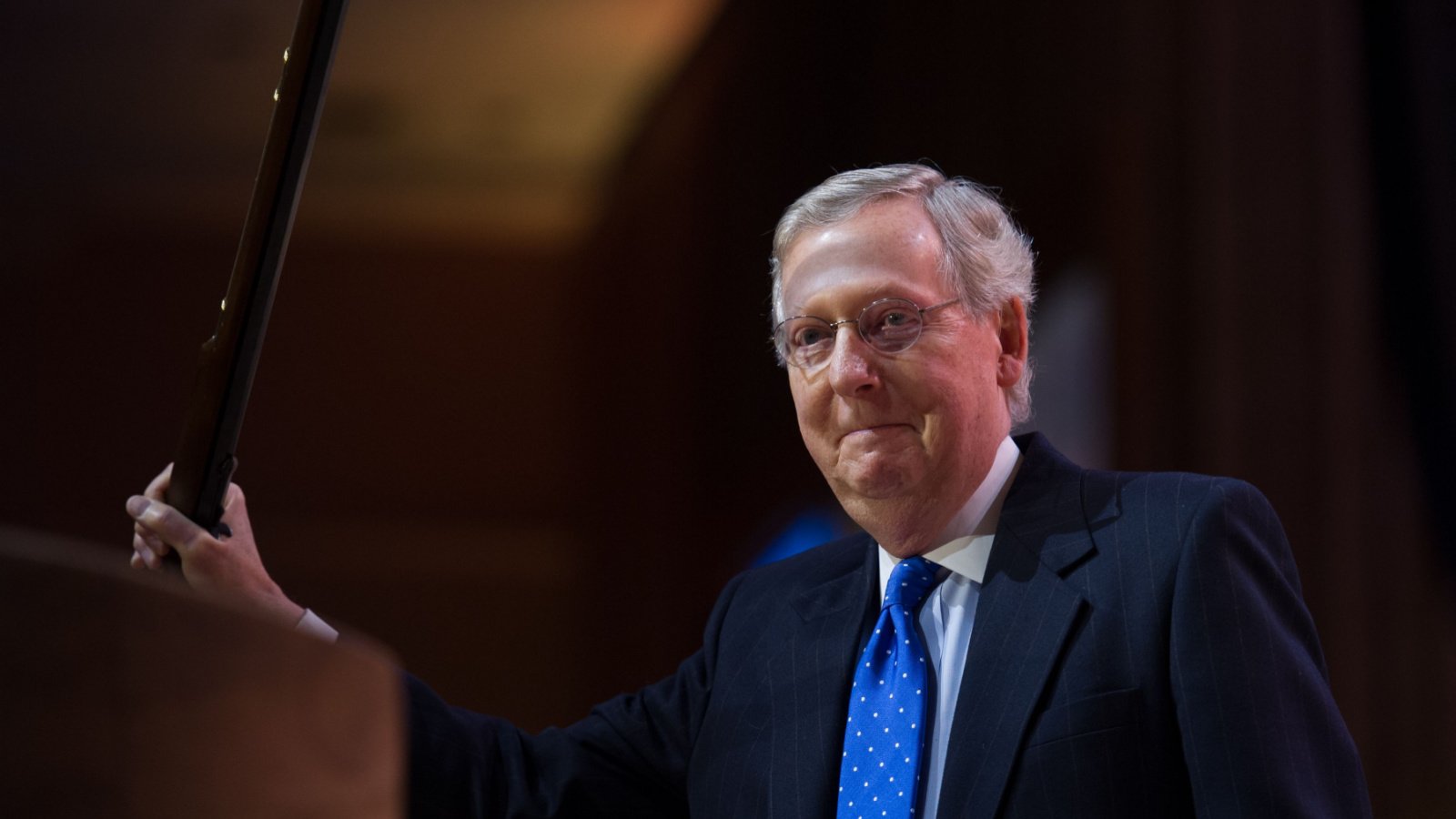


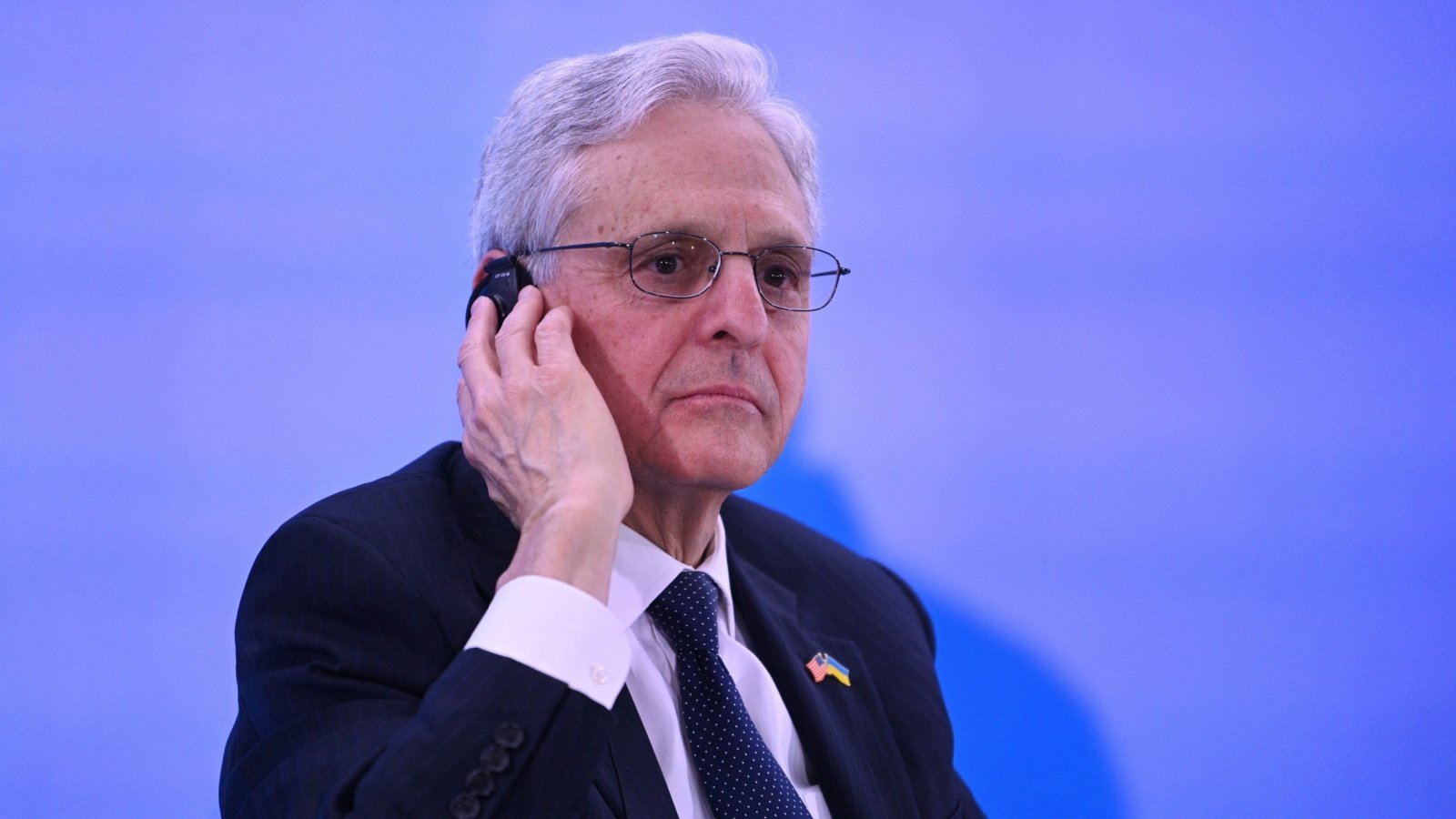

WhatsApp web’ https://www.ws-cqy-whatsapp.com Connect with remote teams effectively through WhatsApp Web. . Date: 2026-01-14 01:22:52 (-03).
Awesome post! Join the fun at https://www.eik-1whatsapp.com 通過 WhatsApp 網頁版,用戶能輕鬆管理存在的聊天群組,便於信息組織。 . Date: 2026-01-14 17:03:59 (-03).